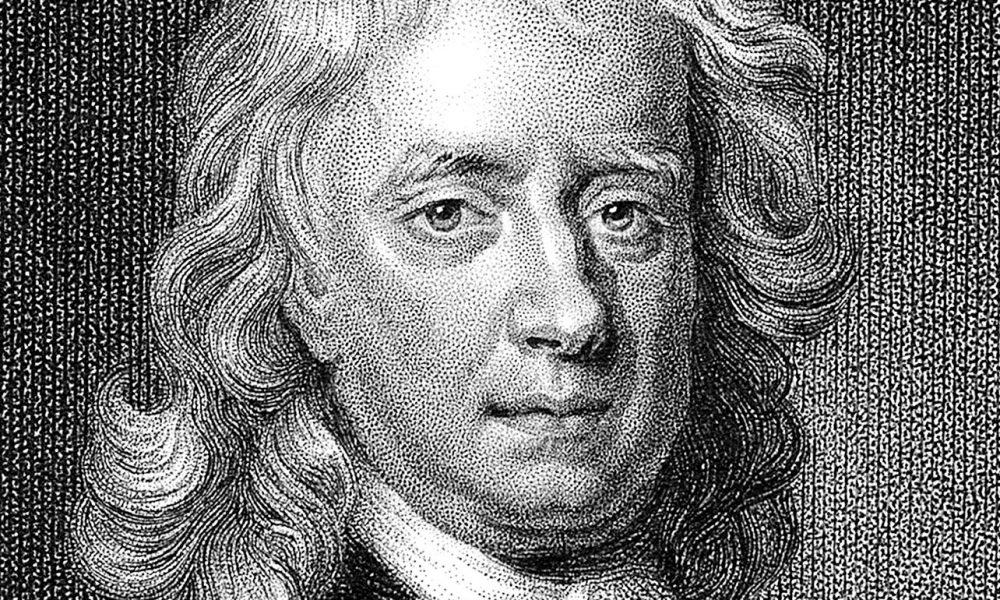Africa-Press – Liberia. No, Isaac Newton never received a PhD, nor any other doctorate. As was the case of the vast majority of English academics before the 20th century, his highest qualification was a Master of Arts (MA) degree.
And, even today, an MA from Oxford or Cambridge implies no further study or work beyond the Bachelor of Arts (BA) degree. The BA turns into an MA provided only that seven years have passed since the person first matriculated as a student.
For a very long time, the normal route to an academic career in England was to complete the BA degree (which entailed three or four years of study, followed by the passing of comprehensive final examinations) brilliantly enough to be rewarded with a college fellowship.
That meant that one could continue to live at the college and collect a stipend, provided only that one didn’t marry and wasn’t convicted of a felony. The more intellectually enterprising individuals could then advance to a tutorship, lectureship, readership, and perhaps finally to a professorship (which is, even today, a rank held by few academics at Oxford or Cambridge).
The English universities did grant some doctorates, but only to very senior academics, usually clergymen. The current system of further specialized study after the bachelor’s degree, followed by the preparation and defense of a dissertation containing original research and leading to a PhD, was introduced in the University of Berlin in 1810 and it wasn’t adopted in Britain until the 1920s.
For a while after the research PhD was adopted by British universities in the 20th century, it was regarded as downmarket, being essentially a means by which someone who hadn’t been sufficiently brilliant to obtain a fellowship after completing the BA might have another shot at establishing an academic career.
Newton matriculated at Trinity College, Cambridge in June of 1661. He was originally a “subsizar”, meaning that he had to act as a servant to wealthier students, in exchange for a reduction in his fees.
In 1664 he earned a scholarship that provided him with living expenses for another four years, until he received his MA. In April of 1667 he was elected as fellow of Trinity College, meaning that he could stay there as long as he wished.
In 1669, Newton was chosen to succeed Isaac Barrow as the Lucasian Professor of Mathematics. Newton was only 26 years old and had yet to publish anything, but Barrow knew him to be a mathematical genius and had recommended him for the post. This wasn’t unusual at a time when the academic career wasn’t intrinsically tied to publication, or even to research in the modern sense.






